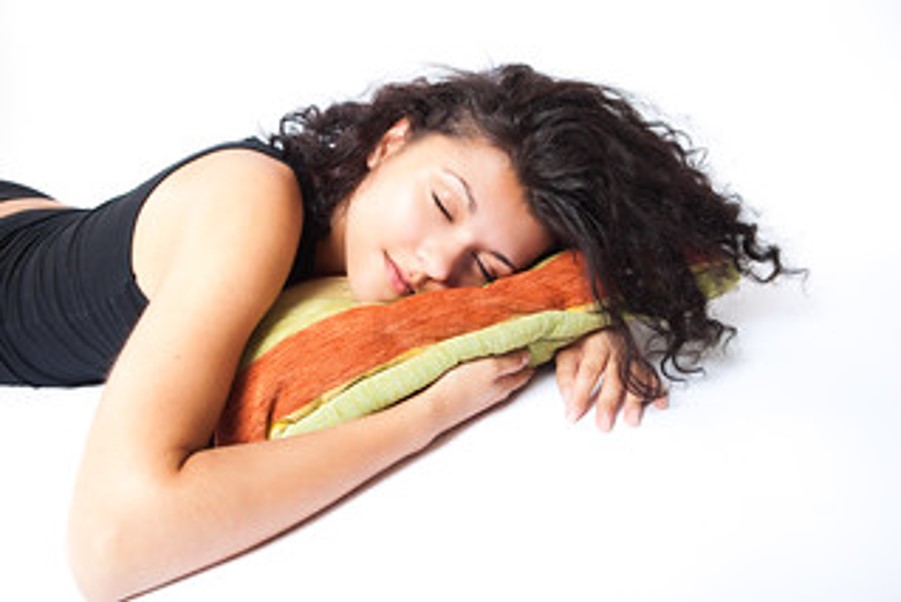CANNABIS: HOW IT EFFECTS OUR SLEEP AND DREAMS
By: Dan Taylor, Trilogy Marketing Coordinator
ELLICOTT CITY, Md- March is National Sleep Awareness Month and health experts want to make sure you are getting a good night’s rest with or without the use of cannabis.
Health experts say quality sleep is crucial for overall well-being. Adequate sleep improves cognitive function, mood, and immune system function while reducing the risk of chronic conditions like heart disease and diabetes. Additionally, it supports memory consolidation and enhances learning. Poor sleep quality, on the other hand, can lead to fatigue, irritability, and impaired decision-making.
Many folks who have issues sleeping, are relying on cannabis to help. Certain cannabinoids in cannabis, such as CBD, are believed to have relaxing properties that may promote better sleep. However, the report in Leafly points that it’s essential to approach cannabis use for sleep with caution, as research on its long-term effects and efficacy is ongoing. Balancing the potential benefits with any associated risks is crucial when considering cannabis as a sleep aid.
When it comes to cannabis and the sleep department—it is like a wild ride influenced by a bunch of factors. People swear by cannabis, especially the high-THC, for helping them catch some Zs or making them feel all sleepy. But here is the twist: if you are on a THC break after some chronic use, be ready for some wonky sleep, complete with wild dreams. According to a report in Leafly, dosing, how often you indulge, your tolerance, age, and even your gender—all these play a part in how cannabis hits your sleep button.
Now, to really get what is going on, we need to dive into sleep architecture. Sleep is not just one thing: it is a whole journey with different stops, like Rapid Eye Movement (REM) and slow-wave sleep (SWS). THC, the main player in cannabis, jumps into action and allows you to fall asleep fast, more of that deep SWS, and a bit less of the dreamy REM sleep. But if you are a long-time cannabis connoisseur, your sleep pattern might do a little dance during a THC hiatus—less deep sleep at first, then a rebound of vivid dreams.
Enter the endocannabinoid system (ECS), the behind-the-scenes hero. The CB1 receptors in the ECS, responsible for THC’s trippy effects, hang out in the brain circuits that manage sleep. And here’s where it gets interesting: the report in Leafly says these receptors show off differently in men and women, and they also change the game as we age.
THC might give you a smooth entry into dreamland at first, but it is like a personalized experience. Your journey could be affected by the type of cannabis, how much you have used before, and yes, even your gender. Keep the party going too long, and you might need to up your THC game for the same effects. Take a break, and you might hit a bump with temporary sleep weirdness and intense dreams. It is all part of the intricate dance between cannabis and sleep.

